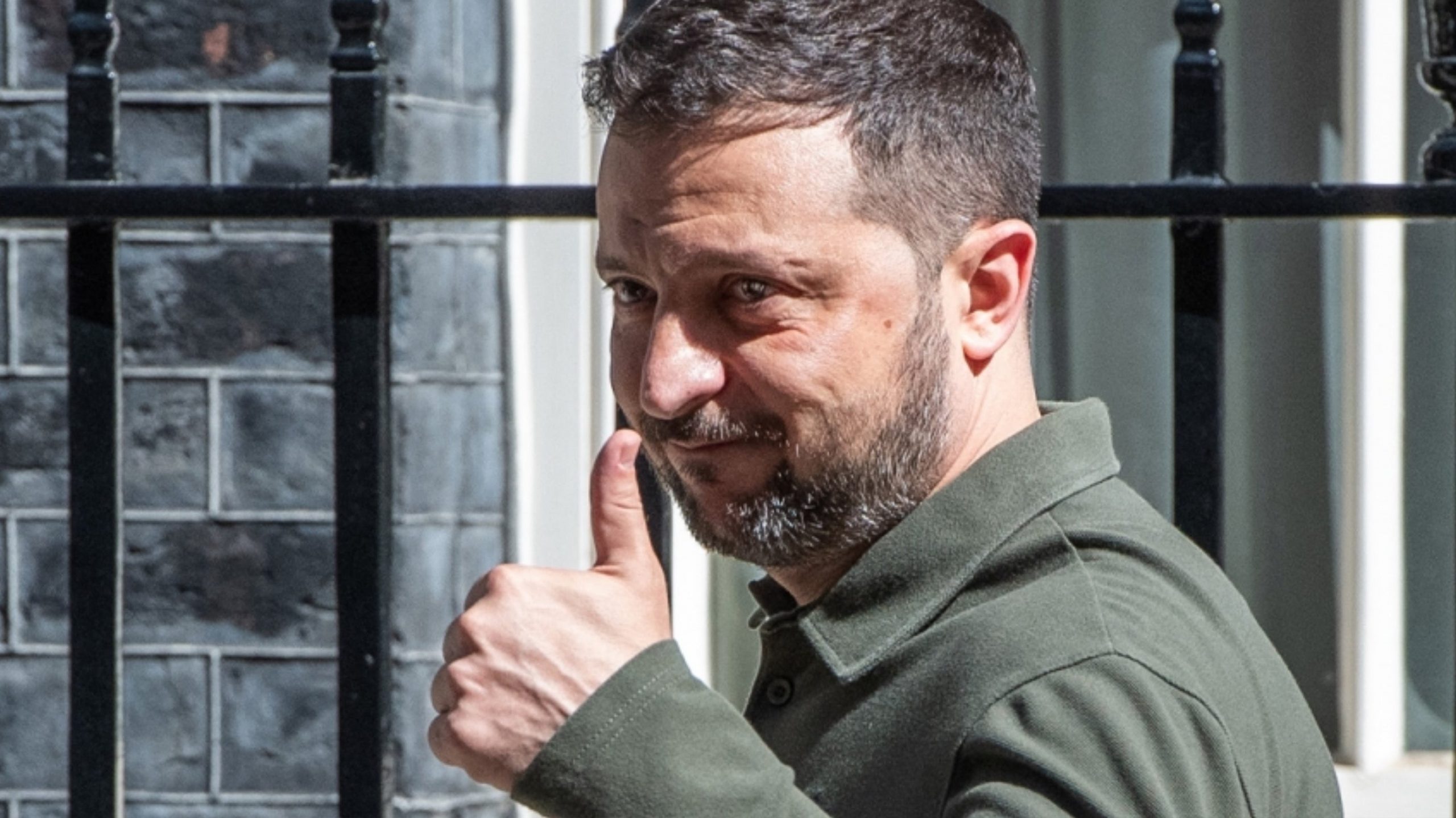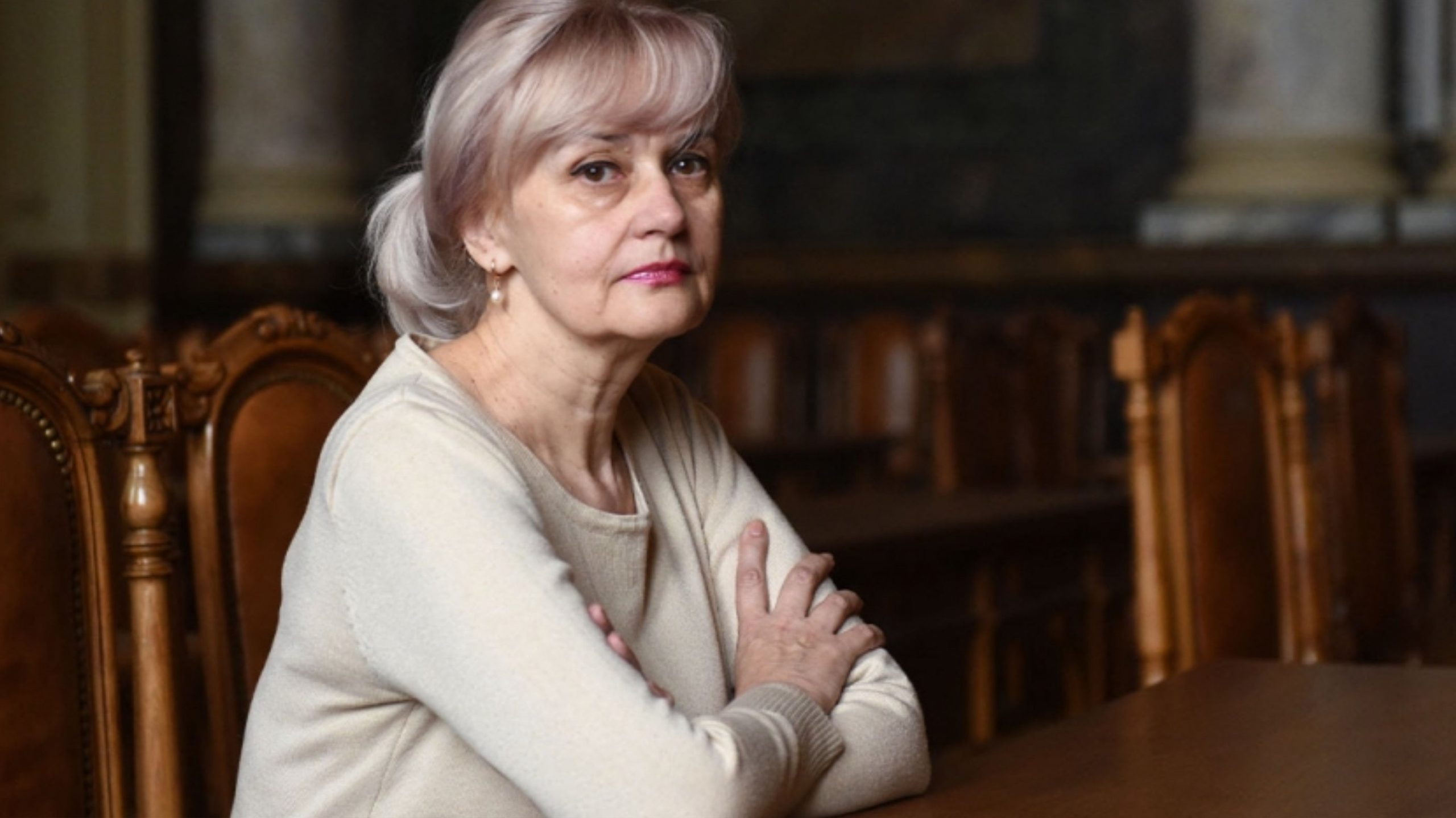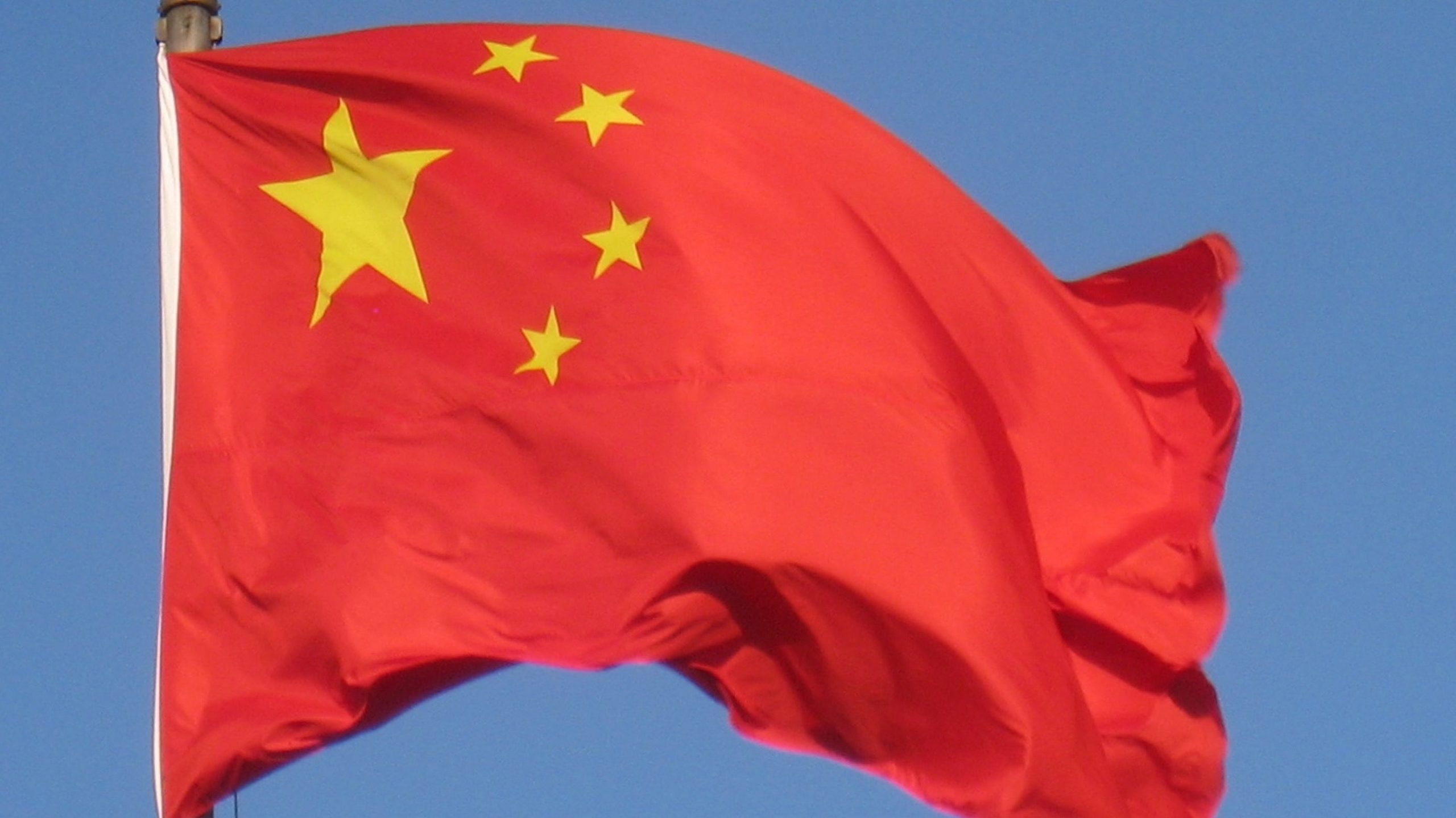World News
Russia will ban the sale of its oil to countries using the ceiling price on February 1
Reading Time: 3 minutes
Eva Deschamps / December 29, 2022
Russia will prohibit from February 1 the sale of its oil to foreign countries that use the cap on the price of Russian black gold, a decision that has little reaction of crude oil prices on the markets Tuesday.
This price cap had been set in early December at $ 60 per barrel by the EU, the G7, and Australia; and aims to deprive Moscow of important revenues to finance its military intervention in Ukraine.
“The delivery of Russian oil and oil products to foreign legal entities and other individuals is prohibited” if they use the ceiling price, it says in a decree signed Tuesday by Russian President Vladimir Putin.
The decree specifies that this measure will last for five months, “until July 1, 2023.
Only “a special decision” of Vladimir Putin himself will be able to allow the delivery of Russian oil to a country or countries that have implemented the price cap in recent weeks, it is stated in the decree published Tuesday.
In early December, the 27 member states of the European Union, the G7 countries and Australia had agreed, after months of negotiations, on a cap on the price of Russian oil exports at 60 dollars per barrel.
In practice, only oil sold by Russia at a price of 60 dollars or less can continue to be delivered. Beyond this ceiling, it is forbidden for companies to provide services allowing its maritime transport (freight, insurance, etc…).
Faced with Moscow’s decision on Tuesday, black gold prices, already at their highest in three weeks, initially climbed but the rise was short-lived.
The price of a barrel of North Sea Brent crude for delivery in February finally ended up a modest 0.48% at $84.33.
As for U.S. West Texas Intermediate (WTI), also due in February, it gave up 0.03% to $79.53.
“There has been a very distinct reaction of prices” to the Russian announcement “but in fact, this decision is not a surprise for the market,” commented Matt Smith commodity market analyst at Kpler to AFP.
This was to be expected, given everything the Russians have already said in recent months and what they have done with natural gas, refusing to sell to Bulgaria and Poland because these countries did not pay in rubles,” added the analyst.
According to him, the implementation of this ban will have a limited impact, because “large buyers of Russian crude such as India or China do not apply the ceiling price” and buy it below $ 60 per barrel.
“This will tighten supply a bit, but not that much,” commented Matt Smith.
The price of a barrel of Russian oil (Ural crude) itself is currently around 65 dollars, which is barely more than the ceiling set, implying a limited short-term impact of this capping measure, according to many observers.
Ukrainian President Volodymyr Zelensky deplored the “weak position” of his Western allies at the time of its implementation.
For their part, the Russian leaders had repeatedly declared that they “do not accept” this mechanism which “will have no impact” on the course of the Russian offensive against its Ukrainian neighbor.
On December 9, Vladimir Putin had threatened the West to “reduce the production” of Russian oil “if necessary”, blasting a “stupid decision”.
Russia is the world’s second largest exporter of oil and was, in 2021, the second largest supplier of black gold to European Union countries. According to European leaders, 90% of Russian oil exports to the EU will already be stopped by the end of 2022 to protest against the Russian offensive in Ukraine.
Continue Reading
World News
Trump promises Zelensky to “end the war” in Ukraine in phone call

Reading Time: 2 minutes
Sylvie Claire / July 21, 2024
Donald Trump and Volodymyr Zelensky spoke on the phone on Friday, with the former US president claiming to have promised the Ukrainian president to “end the war” between Ukraine and Russia should he return to the White House. “As your next president of the United States, I will bring peace to the world and end the war that has cost so many lives,” said the Republican presidential candidate.
Donald Trump frequently claims that he would be able to put an end to the conflict in Ukraine very quickly on his return to power, but never provides details of how he would achieve this. Volodymyr Zelensky confirmed the phone call, during which he congratulated the billionaire on his official nomination the previous day as the Republican Party’s presidential candidate.
Donald Trump’s frequent praise of Russian President Vladimir Putin, as well as his criticism of other Nato countries, is causing concern among Ukraine’s Western allies. In February, he threatened that, if he returned to the White House, he would no longer guarantee the protection of Atlantic Alliance countries against Russia if they did not pay their share, even claiming that he would “encourage” Moscow to attack them. The former American president also used his power over the Republicans to block a $61 billion military aid package for Kiev for months in Congress, which was finally adopted at the end of April.
In his posting on X on Friday, Volodymyr Zelensky said he had “agreed with President Trump to discuss, in a face-to-face meeting, the steps to be taken towards a just and lasting peace” in Ukraine.
World News
Former Ukrainian far-right MP murdered in Lviv: “All leads are being investigated, including Russia”

Reading Time: < 1 minute
Steph Deschamps / July 21, 2024
In a message on Telegram, the Ukrainian National Police said she had succumbed to her injuries in hospital after being the target of an assassination attempt.
“I always say that no place is safe in Ukraine,” lamented Lviv mayor Andriï Sadovy, denouncing a ‘heinous murder’ and offering his condolences to the victim’s relatives.
According to the Ukrainian Prosecutor’s Office, the attack took place on Friday evening, at around 7.30pm, when an unidentified individual fired at Irina Farion, seriously wounding her in the head. “All surveillance cameras are being checked, witnesses are being interviewed and several districts (of Lviv) are being examined. All leads are being investigated, including the one leading to Russia”, reacted Ukrainian President Volodymyr Zelensky on X on Saturday.
Interior Minister Igor Klimenko told a briefing in Lviv on Friday evening that the suspected killer could have been lurking around Irina Farion’s home for several days.
According to him, investigators are currently focusing on the possibility of a murder motivated by a “personal grudge” linked to the victim’s activities, but are not ruling out a “commissioned assassination” either.
The 60-year-old language teacher and linguist was a member of parliament for the nationalist Svoboda party between 2012 and 2014.
World News
China: at least six dead in Zigong shopping mall fire

Reading Time: < 1 minute
Sylvie Claire / July 18, 2024
At least six people died in a shopping mall fire on Wednesday in Zigong, southwest China, and thirty others were rescued, China’s state broadcaster CCTV said. “Rescue teams are continuing their search,” the media outlet added.
Images broadcast by the channel and others shared on social networks show thick black smoke rising from a building overlooking a shopping street in this city 1,600 kilometers from the capital Beijing, in the southwestern province of Sichuan.
The fire broke out in the early evening in a shopping mall at the foot of a 14-storey building, CCTV reported.
“At 8:20 pm, the fire was extinguished and 17 people were rescued. Others are still trapped, and rescue operations are continuing”, said the station in an initial report on the situation.
Fires and other fatal accidents are frequent in China, due to the sometimes lax application of safety standards. In January, at least 39 people perished in a store fire in central China. According to the authorities, the fire started in the basement of a store when workers “broke the rules” during construction work. At the time, Chinese President Xi Jinping called for lessons to be learned from the disaster to prevent further tragedies. The same month, a fire in a residential building claimed at least 15 lives.














